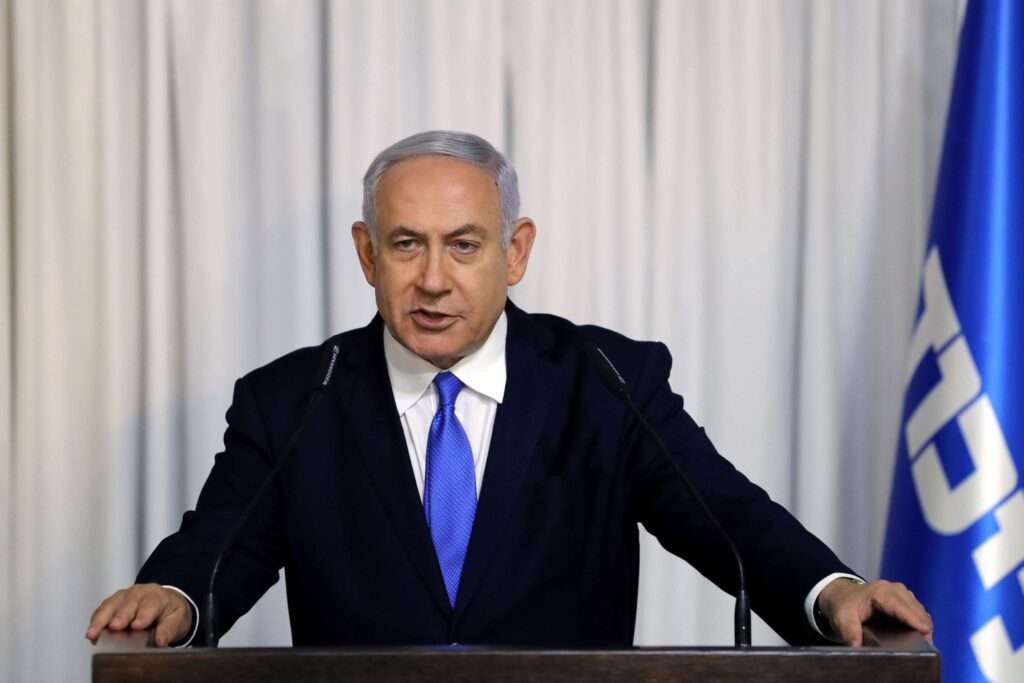Home Secretary Yvette Cooper has sidestepped questions on whether Israeli Prime Minister Benjamin Netanyahu would face arrest in the UK following an International Criminal Court (ICC) warrant issued for alleged war crimes in Gaza.
Ms. Cooper stressed that “there are proper processes that need to be followed” and refused to comment on hypothetical situations, stating that it “wouldn’t be appropriate for the home secretary to comment on individual cases in a speculative way.”
The ICC issued arrest warrants on Thursday, November 21 for Mr. Netanyahu, former Israeli Defense Minister Yoav Gallant, and Mohammed Deif, the leader of Hamas’ military wing. The allegations center on “the war crime of starvation as a method of warfare” and crimes against humanity, including “murder, persecution, and other inhumane acts.”
Asked during an interview whether Mr. Netanyahu would be detained if he traveled to the UK, Ms. Cooper reiterated the independence of the ICC, saying, “That’s not a matter for me as home secretary as the International Criminal Court is, of course, independent, and we respect its independence and the role that it has to play.”
Calls For Ceasefire Take Priority
Ms. Cooper emphasized that the government’s priority should remain on de-escalating the conflict in Gaza. She added, “The focus should be on getting a ceasefire in Gaza.”
Downing Street has also maintained its respect for the ICC’s role, with the prime minister’s spokesperson stating, “The ICC is the primary international institution for investigating and prosecuting the most serious crimes of international concern.”
However, the spokesperson avoided commenting on whether the UK would enforce the warrants, remarking, “We are not going to get into hypotheticals.”
Critics argue the ICC’s actions blur the lines between a sovereign democracy and a terrorist organization. Dame Priti Patel, the Shadow Foreign Secretary, called the warrants “concerning and provocative,” and urged the government to “condemn and challenge” the court’s rulings.
She criticized the ICC for equating Israel’s military response to Hamas’ attack on October 7, 2023, which triggered the current crisis. “There is no moral equivalence between Israel, a democracy, and Hamas and Lebanese Hezbollah, which are terrorist organizations,” she asserted.
International Legal Complexities
A domestic court process would be required before Mr. Netanyahu could be arrested in the UK under ICC jurisdiction. However, the warrants’ impact remains uncertain as Israel and its key ally, the United States, are not members of the ICC.
The ICC pre-trial chamber claims there are “reasonable grounds to believe” that both Mr. Netanyahu and Mr. Gallant bear criminal responsibility as civilian leaders for attacks against civilians.
In response, Mr. Netanyahu dismissed the allegations, stating, “Israel rejects with disgust the absurd and false actions” and maintaining that “there is nothing more just than the war that Israel has been waging in Gaza.”
Hamas has not confirmed reports that Mohammed Deif was killed in an Israeli airstrike.

Divided Opinions On Accountability
While the UK government faces scrutiny over its position, it has reiterated support for Israel’s right to self-defense within the bounds of international law. “This government has been clear that Israel has a right to defend itself in accordance with international law,” the prime minister’s spokesperson noted.
The broader international debate over the ICC’s role continues, with proponents viewing it as essential for accountability and critics arguing it oversteps its mandate in politically charged conflicts.
READ ALSO: Germany ‘Carefully Examining’ Implications Of ICC Warrants




















